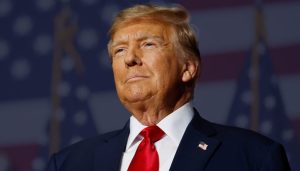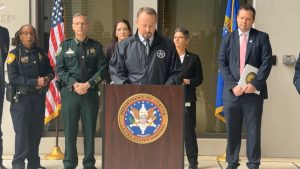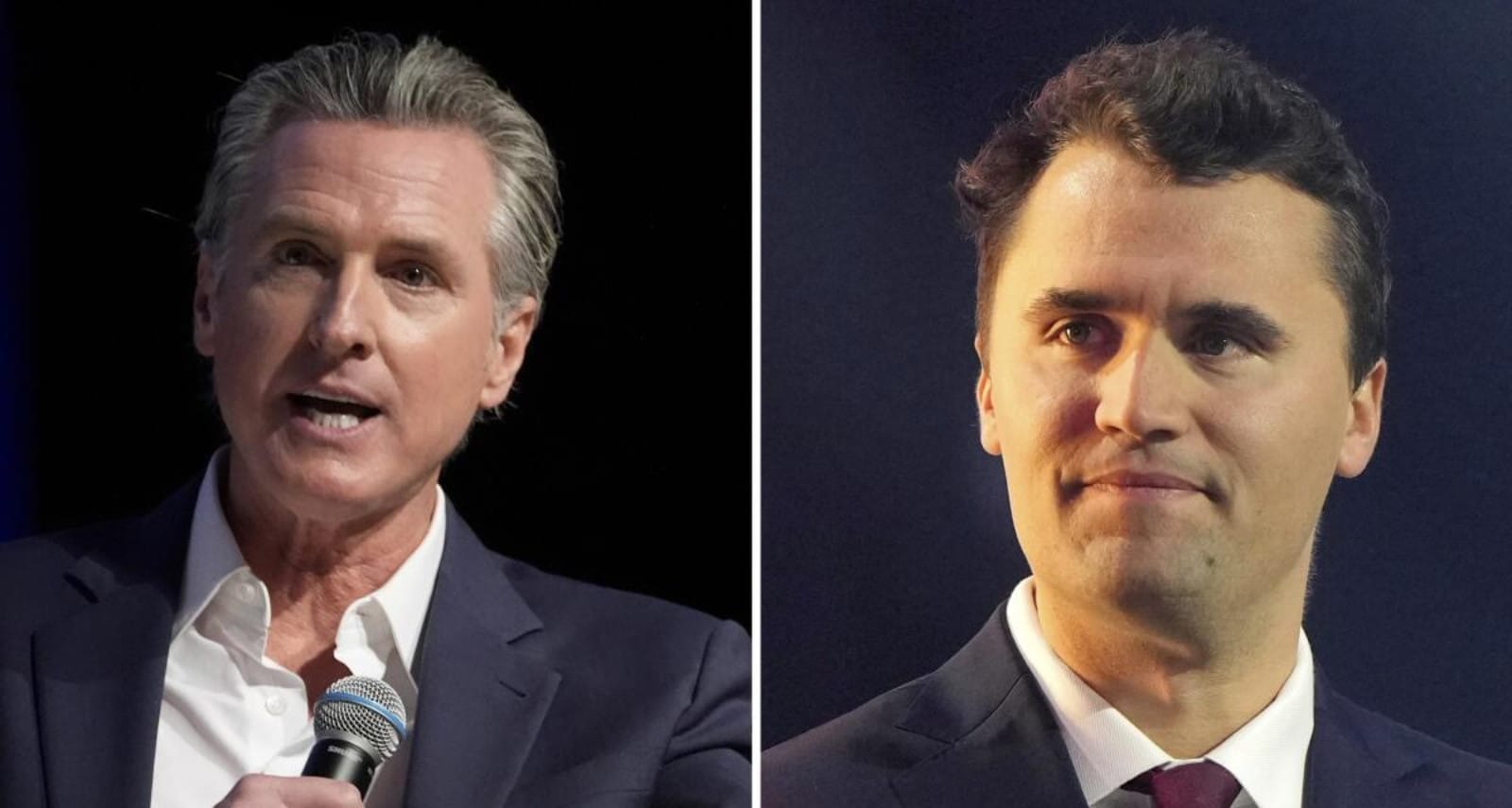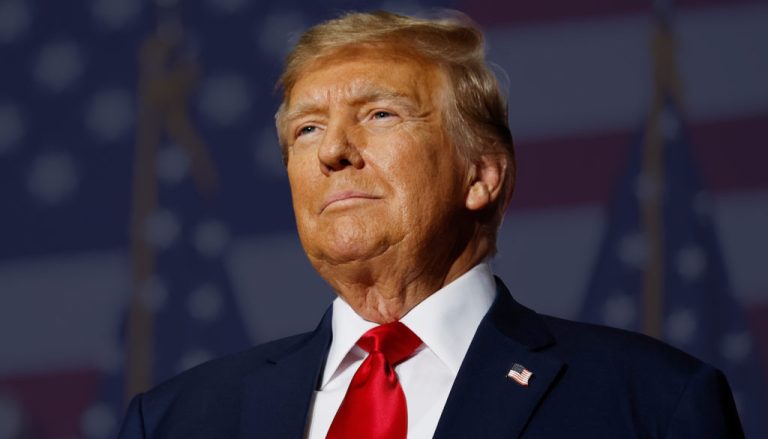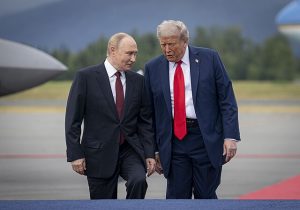The political world was shaken on September 10, 2025, when news broke that Charlie Kirk, the conservative activist and co-founder of Turning Point USA, had been shot while speaking at Utah Valley University in Orem, Utah. The incident occurred around midday during a campus event hosted by a student chapter of his organization, where Kirk was delivering remarks under a white pop-up tent to a crowd of young attendees.
What began as a routine college speaking engagement quickly turned into chaos. According to officials, a shot rang out from a building about 200 yards away, striking Kirk in the neck. Witnesses described panic spreading through the audience as security personnel rushed him off stage and students fled in fear. Kirk was immediately transported to a hospital, where he was listed in critical condition.
The shooting drew swift responses from leaders across the political spectrum, who denounced the act of violence and called for national unity. Among the loudest voices was California Governor Gavin Newsom, whose statement reflected both outrage and a call for principle in a divided America.
—
Newsom’s Forceful Response
Within hours of the attack, Newsom posted a statement to X, formerly Twitter:
> “The attack on Charlie Kirk is disgusting, vile, and reprehensible. In the United States of America, we must reject political violence in EVERY form.”
His remarks stood out for their clarity and forcefulness. While partisan differences often dominate American politics, Newsom’s message underscored the importance of condemning violence unequivocally, regardless of political affiliation.
In recent years, political violence has cast a growing shadow over public life in the United States. From threats against local election officials to high-profile assaults on national figures, the sense that politics has become not only divisive but dangerous has unsettled many Americans. Newsom’s intervention framed the Kirk shooting as part of a larger pattern that cannot be tolerated if democracy is to endure.
—
Bipartisan Condemnation
Newsom was not alone in speaking out. Leaders across the ideological spectrum released statements expressing horror and solidarity.
President Donald Trump, who has worked closely with Kirk over the years and frequently speaks at Turning Point USA events, called him “a great guy from top to bottom” and urged Americans to pray for his recovery. Vice President J.D. Vance described Kirk as “a genuinely good guy and a young father,” calling the act “abhorrent.”
On the Democratic side, Pennsylvania Governor Josh Shapiro condemned the attack as “horrifying,” while Michigan Governor Gretchen Whitmer called it “unacceptable.” Former Vice President Kamala Harris described the events as “deeply disturbing” and emphasized the need to ensure such violence does not lead to further division.
Maryland Governor Wes Moore, echoing Newsom’s tone, said political violence must be rejected “in the strongest possible terms.” North Carolina Governor Josh Stein likewise urged Americans never to become numb to acts of violence in the political sphere.
Together, these responses painted a rare moment of bipartisan consensus: that no matter one’s ideology, attacking a political figure with violence crosses an unacceptable line.
—
What Happened at Utah Valley University
Details surrounding the shooting remain under investigation, but Utah Valley University officials initially reported that a suspect had been taken into custody. That information was later retracted, with campus police clarifying that no one was in custody and that the shooter remained at large. This confusion highlighted the chaotic nature of the unfolding situation.
Ellen Treanor, Associate Vice President for Strategic Communication Management at UVU, confirmed that Kirk had been invited by a student group and was speaking when the gunfire erupted. “At about 12:20, shots were fired from a building about 200 yards from the speaker,” Treanor said. “To the best of our knowledge, the individual was hit and was taken away immediately by his security personnel.”
The university promptly shut down the campus for the rest of the day, citing safety concerns. Students described scenes of fear and disbelief, with many struggling to comprehend how an afternoon lecture had turned into a near-tragedy.
—
Political Violence in Context
The attack on Kirk comes amid heightened concerns about the safety of political leaders, commentators, and activists in America. In recent years, high-profile incidents — from the 2017 shooting at a congressional baseball practice to the 2022 hammer attack on Paul Pelosi — have underscored the vulnerability of public figures.
Kirk, a polarizing figure known for his unapologetic conservatism, has both ardent supporters and fierce critics. Yet even his detractors quickly denounced the shooting, recognizing the broader stakes. Allowing violence to become a normalized response to political disagreement would erode democratic norms and discourage civic participation.
Gavin Newsom’s statement captured this danger succinctly. By calling the act “vile and reprehensible,” he reminded Americans that politics must remain a contest of ideas, not a battlefield where human lives are at stake. His insistence that political violence must be rejected in “EVERY form” suggested that consistency, not partisanship, is what gives moral clarity to such moments.
—
The Human Cost
Beyond the political implications, the shooting has deeply personal consequences. Kirk, 31, is a husband and father, and his condition remains critical. Supporters have organized prayer vigils, and messages of encouragement have flooded social media platforms.
For the students at Utah Valley University, the trauma of witnessing the shooting firsthand will not fade easily. University counseling services have been made available, and administrators are grappling with how to reassure their community that campuses remain safe spaces for dialogue and debate.
—
Calls for Unity
While investigations continue, the political reaction suggests an appetite for unity in the face of violence. Leaders across the country, including Gavin Newsom, have stressed that rejecting violence is not about agreement with Charlie Kirk’s ideology — it is about defending the democratic principle that disagreements must be resolved peacefully.
The moment also presents an opportunity. In a country often consumed by polarization, the shooting could serve as a catalyst for renewed conversations about civility, respect, and the boundaries of political discourse. Newsom’s call for rejecting violence “in EVERY form” resonates because it is universal: it does not excuse violence from one side while condemning it from the other.
—
Conclusion
The shooting of Charlie Kirk is a chilling reminder of the dangers of political extremism and the fragility of civil life in America. Yet the response — led in part by Gavin Newsom’s forceful statement — shows that even in an era of bitter division, there are still lines that unite leaders of all stripes.
Newsom’s words cut to the heart of the matter: violence must never be accepted as a substitute for debate, and America must confront its political divisions without resorting to harm. Whether this tragic event leads to greater solidarity or fades into the cycle of outrage and forgetting remains to be seen. But for now, the bipartisan chorus rejecting political violence is a small but significant step toward reaffirming shared values in a time of peril.

James Jenkins is a celebrated Pulitzer Prize-winning author whose work has reshaped the way readers think about social justice and human rights in America. Raised in Atlanta, Georgia, James grew up in a community that instilled in him both resilience and a strong sense of responsibility toward others. After studying political science and creative writing at Howard University, he worked as a journalist covering civil rights issues before dedicating himself fully to fiction. His novels are known for their sharp, empathetic portraits of marginalized communities and for weaving personal stories with broader political realities. Jenkins’s breakout novel, Shadows of Freedom, won national acclaim for its unflinching look at systemic inequality, while his more recent works explore themes of identity, resilience, and the fight for dignity in the face of oppression. Beyond his novels, James is an active public speaker, lecturing at universities and participating in nonprofit initiatives that support literacy and community empowerment. He believes that storytelling is a way to preserve history and inspire change. When not writing, James enjoys jazz music, mentoring young writers, and traveling with his family to explore cultures and stories around the world.


